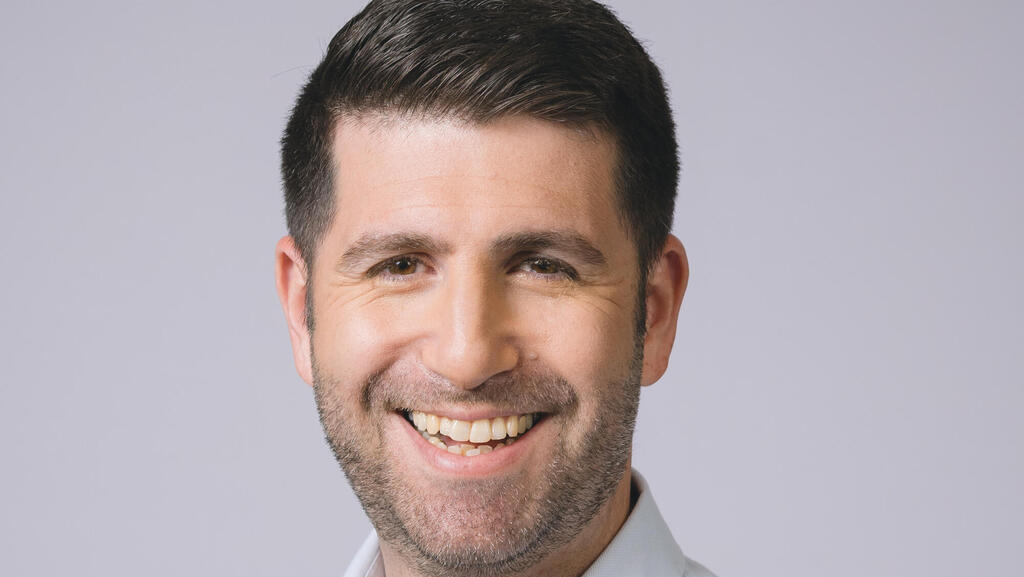
Opinion
Beyond cybersecurity: Securing Israel's future as the Startup Nation
"By embracing diversity in our innovation economy, we can secure our position as a global leader in technology and entrepreneurship for generations to come," writes 8200 Alumni Association CEO Chen Shmilo
Israel's tech ecosystem has demonstrated remarkable resilience and dynamism in the first half of 2024. According to a recent report by Startup Nation Central, private funding rebounded to $5.1 billion across 322 rounds, a 31% increase from the previous half-year. At the heart of this surge is the cybersecurity sector, which accounted for an unprecedented 52% of private funding and 35% of exits. The sector's dominance is underscored by the increasing share of cybersecurity in our ecosystem—from 20% of new funding rounds in 2018 to over 50% today—far outpacing global trends.
While these figures showcase Israel's undeniable strength in cybersecurity and our ability to attract investment despite geopolitical challenges, they also highlight a growing imbalance in our startup ecosystem. It's crucial to acknowledge the risks inherent in over-relying on a single sector. To maintain our position as the "Startup Nation", we must look beyond cybersecurity and diversify our focus.
The cybersecurity market, while experiencing rapid growth and intense competition, is showing signs of overheating in certain segments, such as the market of basic antivirus software, and may potentially reach saturation in the distant future. Additionally, excessive investment, media hype, and talent shortages can contribute to an unsustainable market environment.
As the ongoing demand for robust security solutions is undeniable, relying heavily on this sector can expose our economy to vulnerabilities. To sustain our position as a global innovation leader, we must diversify our focus and invest in other high-growth areas such as defense and dual-use, artificial intelligence, quantum computing, biotech, and climatetech.
We must also consider the broader implications of this over-reliance on our human capital. While Israel boasts exceptional talent in cybersecurity, primarily stemming from elite military units such as 8200, this relatively narrow focus limits our ability to fully leverage our diverse population. Crucially, the integration of Arab, Jewish-Ethiopian, and Haredi communities into the high-tech sector becomes more challenging when we over-emphasize cybersecurity. This sector often has unique barriers to entry in security-related fields, due to various factors, including previous security clearance requirements and military experience. By diversifying our tech ecosystem, we create more accessible pathways for these underrepresented groups to join the startup nation. This isn't just about equality; it's about tapping into the full potential of our population to drive innovation across a wide range of sectors.
Moreover, the global challenges we face today - from online hate to climate change and healthcare crises - require diverse, innovative solutions. Israel has the potential to contribute much more broadly to solving these pressing issues. The future of technology lies in convergence and interdisciplinary approaches. By concentrating too heavily on cybersecurity, we may limit our ability to lead in emerging fields that require diverse expertise. The next breakthrough in AI, quantum computing, or the detection of disinformation may come from unexpected combinations of Israeli knowledge and skills that are out there but not under the radar.
Related articles:
To pivot towards a more diverse startup ecosystem, we must ensure that both talent and funds are directed adequately towards various verticals.
The 8200 Alumni Association has been actively working to attract 8200 graduates to focus on Health-tech through the 8200Bio community and on Climatetech through the 8200Climate community. In both, our members can gain knowledge and learn about the opportunities that lie ahead in these fields, as well as practice ideation processes with their peers. Additionally, we’ve developed and led a set of technological training programs to create better access for Jewish-Ethiopians, Arabs, and Haredi communities in order to integrate them into various fields of the high-tech sector both either as employees or entrepreneurs.
As for available funds, the government must see the weakening of the non-cybersecurity verticals as a call for action and intensify the highly justified Israeli Innovation Authority's focus on promoting deep tech entrepreneurship, including injecting more incentives for local and foreign investors, both private and institutional, to invest in Israeli nontraditional startups and showcase their successes over the years. After all, thematic investments in Israel have proven to be quite successful if developing sufficient market knowledge and diverse expertise.
Israel's identity as the Startup Nation was never meant to be limited to a single sector. By embracing diversity in our innovation economy, we can secure our position as a global leader in technology and entrepreneurship for generations to come. The time to act is now—let's build on our cybersecurity success to create a more robust, diverse, and impactful startup ecosystem that can weather any storm and seize opportunities across the technological spectrum.
The author is the CEO at the 8200 Alumni Association
